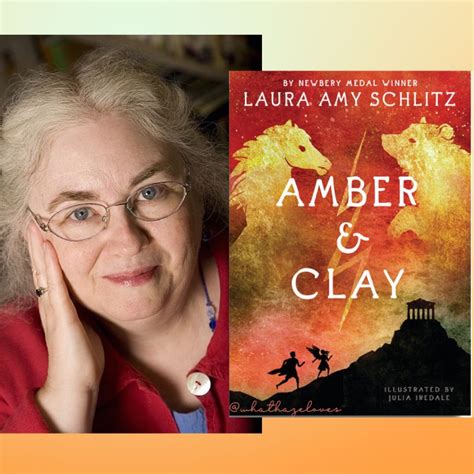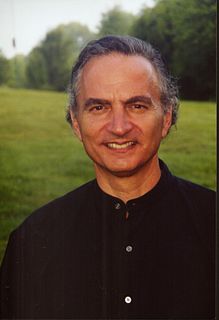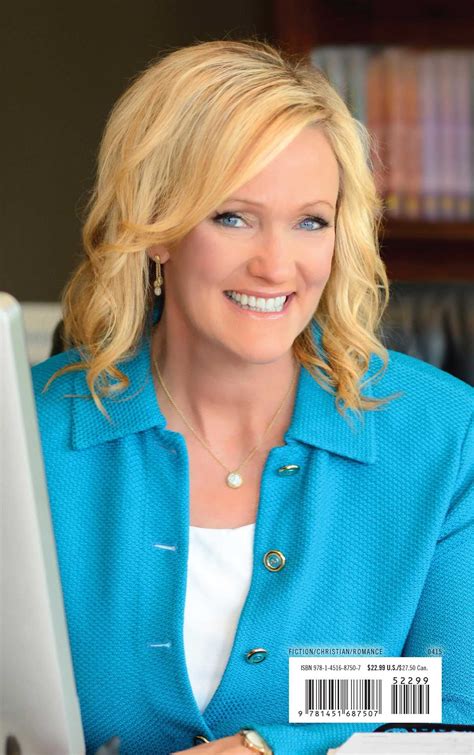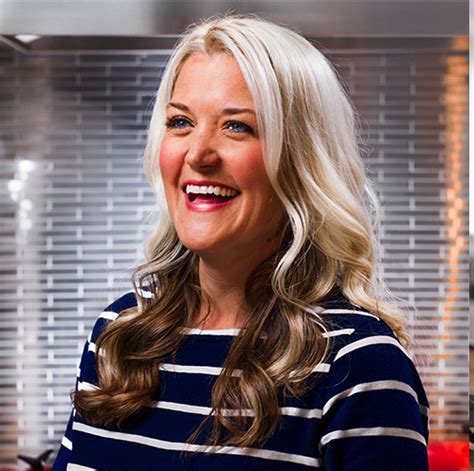A Quote by Mary Gauthier
There's a universal inside of me. So if I tell my story, you're going to see parts of your story in it. I don't know which parts, but we all overlap. We're all very much alike.
Related Quotes
None of our films look alike, we are very dialectical in our approach to each one, and 'Hoop Dreams' was no exception. That's what I love about documentary filmmaking, we never know where the story is going, we don't know what is going to happen next, and we're inside a culture of people that you have to figure out in many ways. It's a relationship between what you thought might have been the story, and what happens in the 'field.' Out of that comes the story, which was exactly what happened with 'Hoop Dreams.'
If you gauge how you're doing on whether somebody is responding vocally or not, you're up a creek. You can't do that; you kind of have to be inside of your work and play the scene. And tell the story every day. Tell the story. Tell the story. Regardless of how people are responding, I'm going to tell the story.
As an author, you think you know where the good parts and the bad parts are. And then you read to a group of children, and you learn when you're boring them, and you hurry through those sections to get to the parts where they're interested again. You start to get a sense of your story's rhythm and flow.
I don't wonder anymore what I'll tell God when I go to heaven when we sit in the chairs under the tree, outside the city........I'll tell these things to God, and he'll laugh, I think and he'll remind me of the parts I forgot, the parts that were his favorite. We'll sit and remember my story together, and then he'll stand and put his arms around me and say, "well done," and that he liked my story. And my soul won't be thirsty anymore. Finally he'll turn and we'll walk toward the city, a city he will have spoken into existence a city built in a place where once there'd been nothing.
There's nothing small or inconsequential about our stories. There is, in fact, nothing bigger. And when we tell the truth about our lives - the broken parts, the secret parts, the beautiful parts - then the gospel comes to life, an actual story about redemption, instead of abstraction and theory and things you learn in Sunday School.
The best time to tell your story is when you have to tell your story. When it's not really a choice. But then, when you get that first, messy, complicated version down, you have to read it over and be very tough on yourself and ask, 'Well what's the story here?' If you're lucky enough to have someone you trust looking over your shoulder, he or she can help you if [you] lack perspective on your own story.
Vera said: 'Why do you feel you have to turn everything into a story?' So I told her why: Because if I tell the story, I control the version. Because if I tell the story, I can make you laugh, and I would rather have you laugh at me than feel sorry for me. Because if I tell the story, it doesn't hurt as much. Because if I tell the story, I can get on with it.
In the thousands of stories I've collected over the years there are people who just want to know that their story matters, that their story isn't beyond hope. And people, no matter how broken a story I might read, I have always found at least a glimpse of God's hand still at work in each and every story. I have been powerfully reminded that God is in the junkyard business. He willingly walks into the messiest parts of our lives, gets his hands dirty, and begins building something beautiful out of that very thing which the world might overlook as worthless.




































